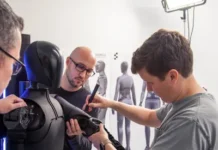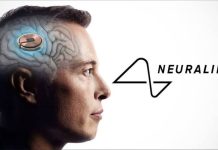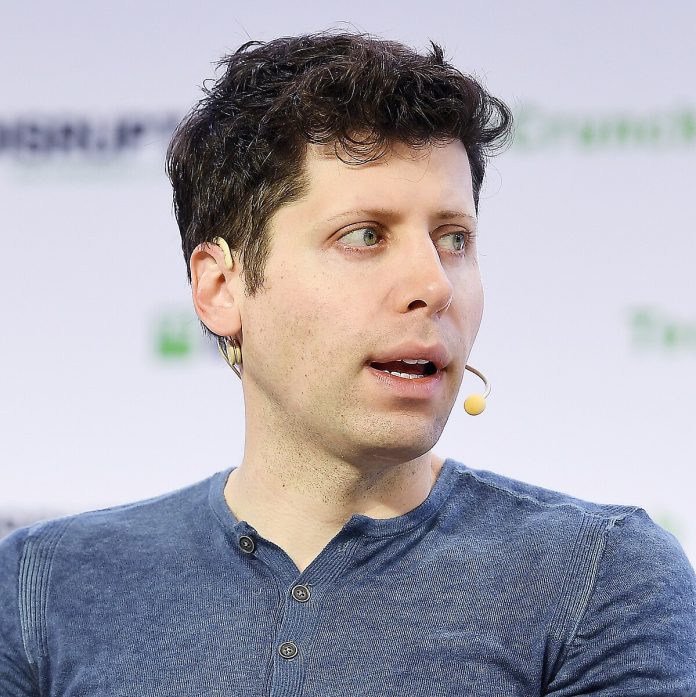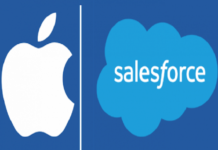In a series of unexpected events over the weekend, OpenAI, a leading artificial intelligence (AI) company, witnessed a major shakeup in its leadership. The departure of its former chief, Sam Altman, not only surprised the tech industry but also triggered a chain of reactions that led to Microsoft hiring Altman and Greg Brockman, OpenAI’s president and co-founder.
The upheaval began with Altman’s abrupt removal on Friday, citing concerns about his behavior and lack of transparency with the board. The OpenAI board, including directors Adam D’Angelo, Helen Toner, Ilya Sutskever, and Tasha McCauley, emphasized the necessity of this decision to preserve the organization’s mission.
Microsoft, a significant investor in OpenAI with over $13 billion invested, learned of Altman’s exit only a minute before its public announcement. Despite the lack of specific details about Altman’s removal, the move raised questions and sparked support for the charismatic founder from Silicon Valley investors and tech executives.
Hours later, Microsoft announced the hiring of Altman and Brockman to lead its new advanced AI research team. Satya Nadella, Microsoft’s CEO, expressed excitement about the collaboration, highlighting that Altman and Brockman would operate as an independent entity within Microsoft. This move underscored Microsoft’s commitment to AI research and development.
Meanwhile, OpenAI swiftly appointed Emmett Shear, former CEO of Twitch, as the interim chief. The board praised Shear’s “unique mix of skills, expertise, and relationships” to drive OpenAI forward. However, this decision faced resistance from a considerable number of OpenAI employees, with more than 550 signing a letter expressing their intent to quit unless the board resigned.
The lack of transparency regarding the reasons behind Altman’s ouster fueled speculation and further divided opinions within the AI community. Ilya Sutskever, OpenAI’s co-founder and chief scientist, expressed regret for his role in Altman’s removal, stating his commitment to reunite the company.
Microsoft’s strategic move to hire key figures from OpenAI demonstrated its continued interest and investment in the AI field. The company’s shares rose, reflecting confidence in the potential collaboration. The events surrounding OpenAI highlight the broader debate within the AI community about the pace of AI development and the associated risks.
Emmett Shear, in response to the situation, announced plans to hire an independent investigator to examine Altman’s removal and provide a report within 30 days. He acknowledged that the handling of the process had damaged trust and pledged to reform the management and leadership team, incorporating feedback from employees, investors, and customers.
The episode marks a significant chapter in OpenAI’s journey, which began as a nonprofit in 2015 and evolved into a for-profit company under Altman’s leadership. The board’s decision to remove Altman, who played a pivotal role in securing funding for projects like ChatGPT, stirred debates about the balance between business growth and addressing AI’s potential risks.
As the AI community grapples with these developments, the industry is reminded of the complexities surrounding the responsible development of advanced AI technologies. Microsoft’s strategic move adds a new dimension to the evolving landscape of AI research and development, leaving the future of OpenAI and its mission hanging in the balance.












































